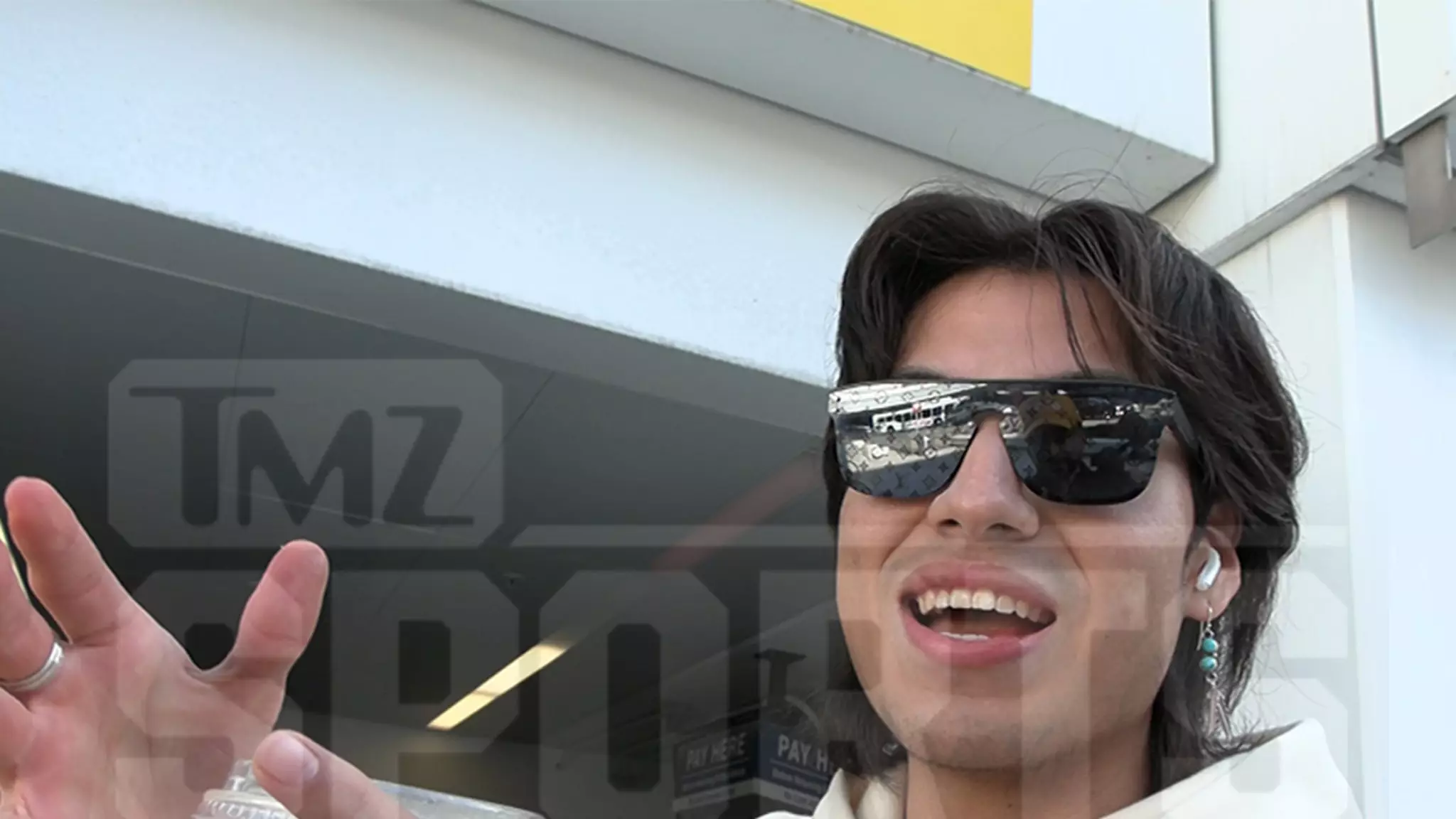The recent film “Rez Ball,” produced by LeBron James’ SpringHill Company, presents a fresh perspective on the sports drama genre, particularly within the context of Indigenous athletes. This movie not only puts Native American stories front and center but also broadens the conversations around representation in Hollywood. Actor Kusem Goodwind, who takes on the role of Nataanii Jackson, expressed the tremendous honor he felt in participating in such a pivotal project. The narrative centers around a high school basketball team composed of Native Americans striving for state glory, which resonates deeply with audiences familiar with the hardships and triumphs faced by Indigenous communities.
Goodwind’s journey in the film is intertwined with a sense of cultural pride. He articulates that “Rez Ball” is not merely a sports story but a narrative that reverberates throughout Native American communities. The movie captures the essence of what it means to be Indigenous and how sports can serve as a metaphor for broader life struggles and victories. The prominence of Indigenous characters offers a unique opportunity to illuminate the experiences and challenges faced by these communities, ultimately fostering greater understanding and empathy among viewers.
Moreover, Goodwind’s acknowledgment of LeBron James’ contributions emphasizes the importance of supportive figures in the realm of film production. His appreciation extends beyond just the star; it speaks volumes about the collaborative spirit fostered on set. The involvement of James and his team signifies a commitment to authenticity and respect in storytelling, particularly regarding marginalized voices that have historically been overlooked in mainstream cinema.
Interestingly, the camaraderie felt on set seems to reflect a broader ethos of respect and collaboration. Though Goodwind has yet to meet James in person, he speaks highly of the production team, particularly producer Spencer Beighley, indicating a positive and open working environment. It’s essential to recognize how vital this atmosphere is for authentic storytelling, especially when addressing sensitive cultural topics. The behind-the-scenes experiences highlighted by Goodwind reflect a shift in the film industry, where diverse storytellers are beginning to gain more influence and visibility.
As Goodwind anticipates his eventual meeting with LeBron James, one cannot help but consider the potential long-term impacts of “Rez Ball” on future projects involving Native narratives. This film has opened doors for future stories that can further explore Indigenous experiences and characters, paving the way for a more inclusive representation in Hollywood. The excitement surrounding “Rez Ball” reflects hopes not only for the film’s success but also for a shift towards more authentic depictions of Indigenous stories in the entertainment industry.
“Rez Ball” stands not just as a sports film but as a significant cultural milestone, initiating conversations about representation, pride, and community. The industry seems on the cusp of embracing a new narrative that includes the voices of Indigenous people, an evolution that Goodwind and many others hope will lead to richer and more diverse storytelling in the future.

